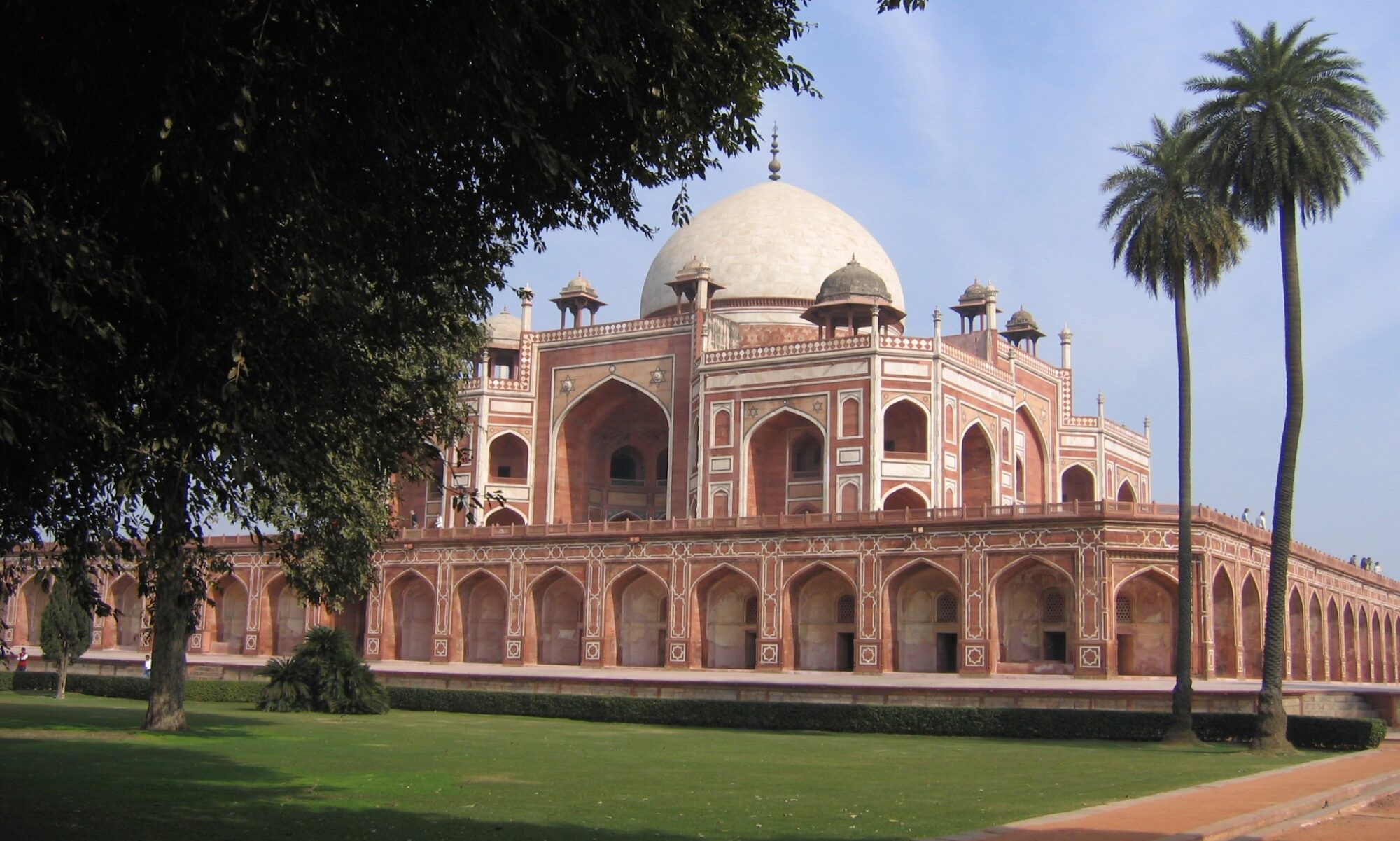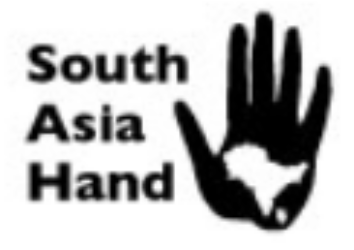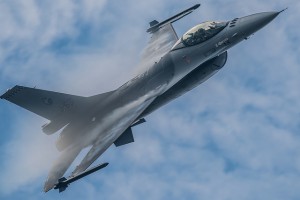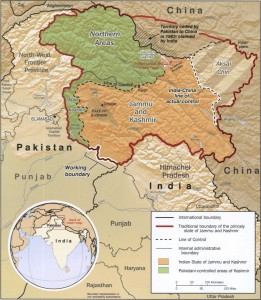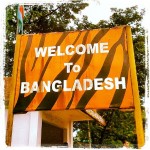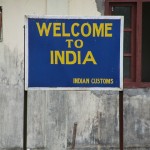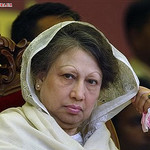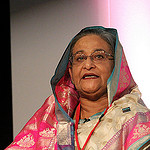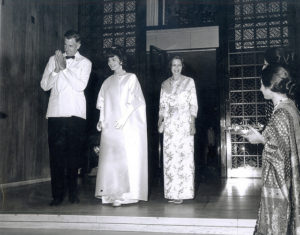
February 16, 2017: This essay on the redoubtable John Kenneth Galbraith starts a series of occasional pieces remembering American diplomats with whom I worked over the years on U.S. relations with South Asia. I’ll be looking mostly at the times I served at our embassies in India, Pakistan, and Bangladesh, some fifteen years in all. My focus will be on the character, aspirations, and activities of these diplomats rather than on the policies they advocated. I plan to write only about those who have passed away.
Galbraith, the Harvard University professor whom President John F. Kennedy appointed ambassador to India in 1961, was an iconic – and iconoclastic – figure in both Continue reading “Howard Schaffer Remembers John Kenneth Galbraith”
